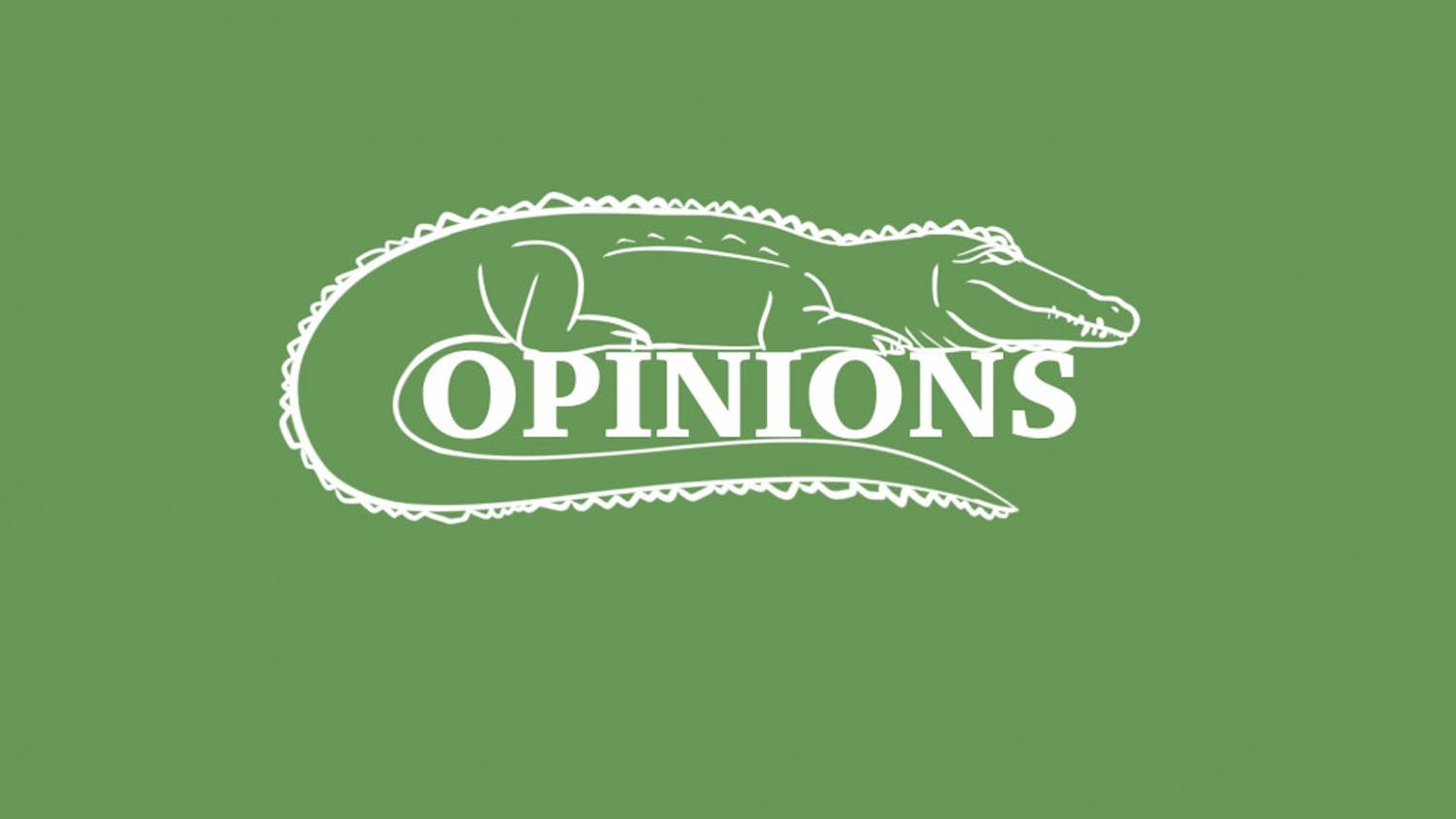I’m sure you’ve been told not to bite the hand that feeds you, but what do you do if that hand is trying everything in its power to stop feeding you? What if it is, instead, reorganizing its fingers to point at you and then scrutinizing and stigmatizing you? That’s the predicament in which low-income Americans who rely on modern-day food stamps are finding themselves. In recent years, states across the country have desperately tried to strip low-income families of the food security federal support provides, and it needs to stop.
As you read this column, a bill that would prohibit Supplemental Nutrition Assistance Program recipients from using their benefits to purchase seafood, steak, soda, cookies, chips and energy drinks is lurking in the Missouri House of Representatives. Missouri House Bill 813, sponsored by Republican Rep. Rick Brattin, follows the ideology that SNAP users are spending an unreasonable amount of federal funds on unhealthy foods, so the government must step in and meddle in the grocery lists of about 930,000 food-stamp recipients. This type of severely restrictive bill might be news to you, as it was to me, but it actually isn’t the first of its kind.
In 2012, Ronda Storms, a Republican Florida senator, campaigned for a bill that would have disallowed the use of SNAP funds to purchase “nonstaple, unhealthy” foods. This bill, along with other unsuccessful bills in Illinois, Oregon, California, Vermont and Texas, revealed a political agenda aimed at finding ways to cut funding to welfare and assistance programs to decrease spending. Legislators cite healthier eating and the well-being of children in federal funding-dependent families as reasons for more restrictive food stamp guidelines. It’s all a despicable charade to reduce budget deficits, though, and here’s why:
Legislators are pretending SNAP recipients have access to local, affordable supermarkets, but they’re choosing to make poor decisions and live gluttonously on junk food. In an attempt to support her bill, for example, Storms said, “If we’re going to be cutting services across the board,” referring to public-school funding and Medicaid reimbursements, “then people can live without potato chips, without store-bought cookies, without their sodas.” What she and many other out-of-touch politicians fail to realize, however, is that healthy, high-quality, affordable food is not always readily available in communities where SNAP recipients live. Unhealthy options are quite often the only options available in these communities. The U.S. Department of Agriculture estimates that almost 24 million people live in food deserts — areas that may have nearby convenience stores and fast-food restaurants but lack fresh, healthy-food-serving supermarkets. For that reason, many people, especially SNAP recipients, choose unhealthier but more affordable options. Legislators are choosing not to accept that truth, however, because they want to depict SNAP recipients in a way that garners support for cuts to the assistance program.
Legislators lead people to believe SNAP recipients gleefully go on shopping sprees and buy mountains of cookies and chips. That’s unrealistic and absurd. SNAP recipients in Florida only receive about $35 a week. That doesn’t allow for as much grocery store recklessness as legislators imply. Furthermore, a study conducted this year found that SNAP recipients don’t consume any more sugary drinks than their low-income peers who don’t receive federal benefits. Studies like this have disproved the stereotype that people with low incomes are using SNAP to live lavishly and gluttonously while spending federal aid on junk food and elaborate selections of seafood and steaks. Still, legislators feed into the stereotype because it garners support for cuts, despite it hurting genuinely needy families. Legislators need to realize they’re branding people with low incomes as recklessly unhealthy, and they’re discouraging needy people from applying for SNAP because of the stereotypes associated with it.
Restricting what people eat when they only have unhealthy choices won’t make them eat healthier; it will make them suffer. That’s why, if legislators really want SNAP recipients to eat healthier, they need to end their desperate budget-cut charade and the corresponding attack on the livelihoods of people with a low incomes. They need to focus on introducing healthy, affordable, high-quality foods into low-income communities that lack them by providing tax incentives to supermarkets and farmers markets that bring healthier options to food deserts. Then, legislators will actually be taking strides toward building healthier communities, and SNAP recipients won’t be humiliated and stigmatized by the same hand responsible for feeding them in times of need.
Christopher Wilde is a UF biochemistry freshman. His column appears on Wednesdays.
[A version of this story ran on page 7 on 4/8/2015 under the headline “Budget cuts don’t belong in the grocery store”]





